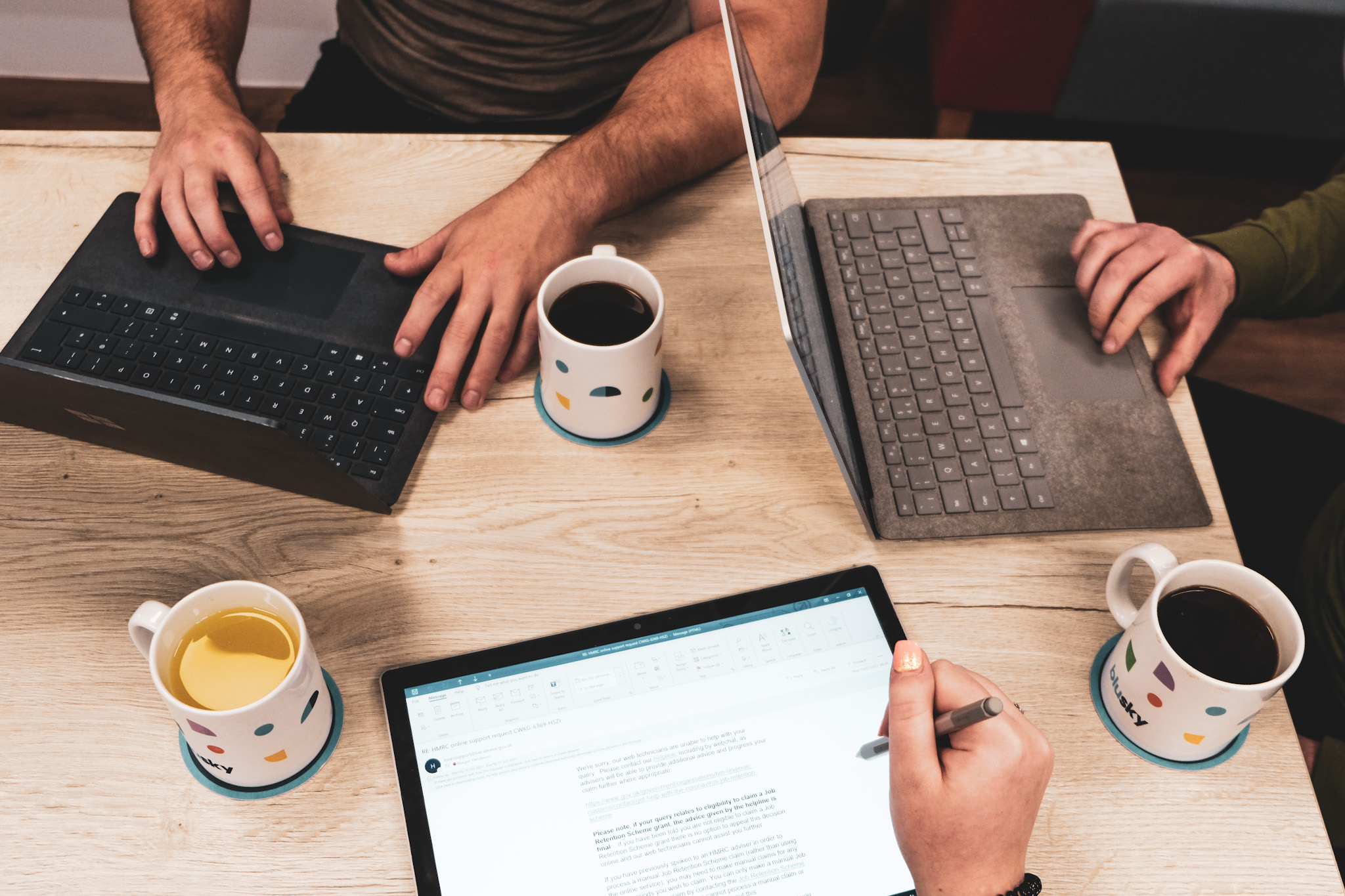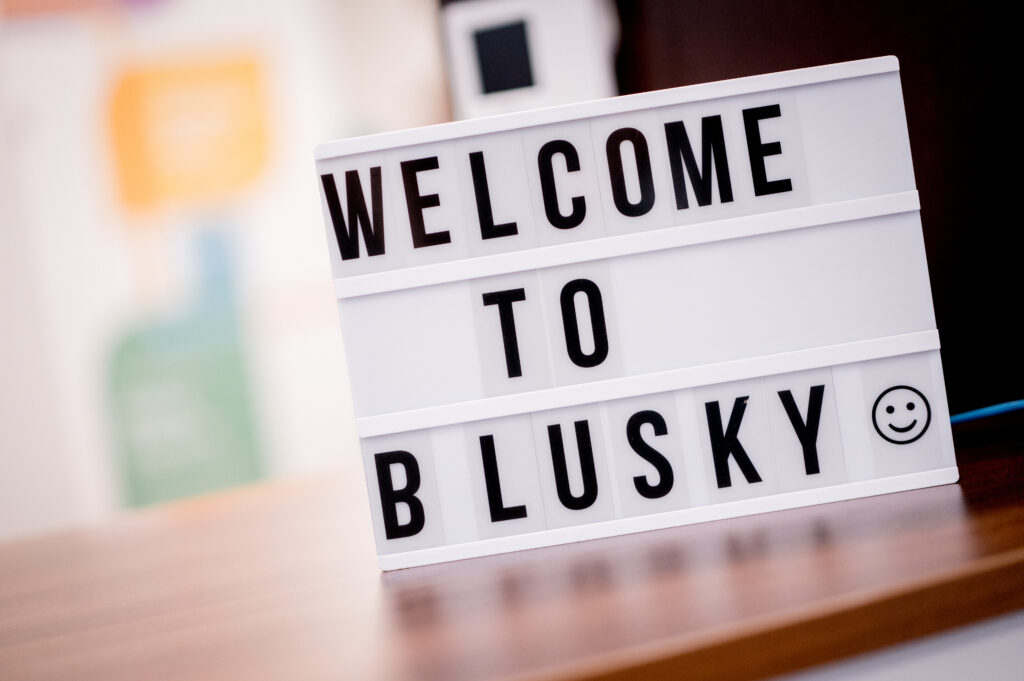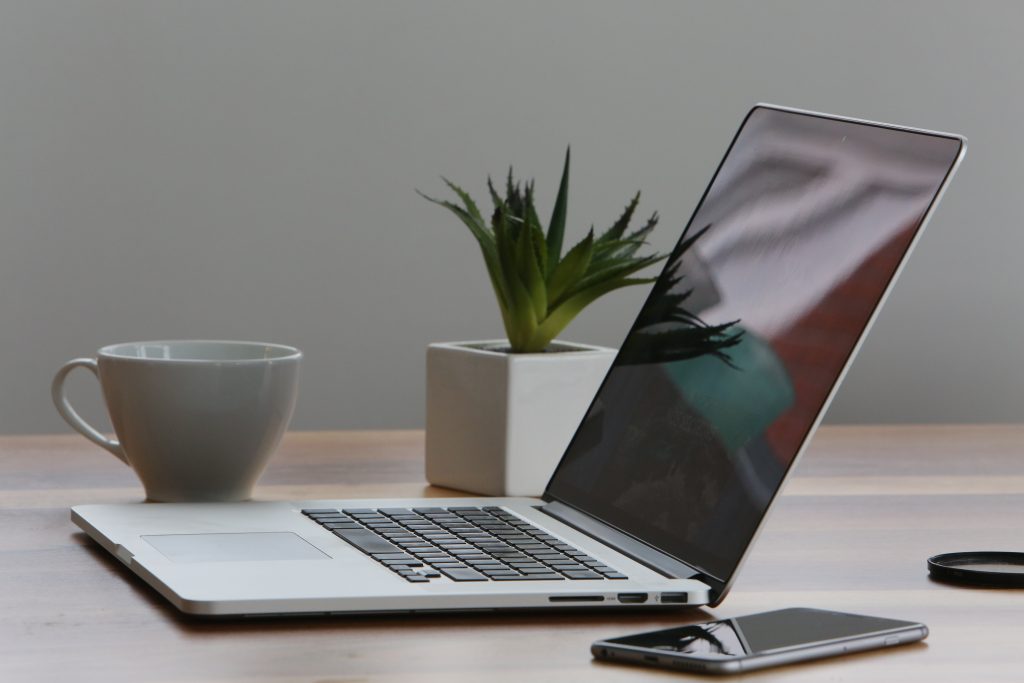Your balance sheet is essentially a tool that will allow you to quickly look inside of your business.
It gives you a snapshot of your financial standing and a clear outline of its overall worth.
Also referred to as a financial statement, it’s really important to know how to read and interpret the data it shows. You may be wondering why? So, we’re covering several reasons why you should get to know your balance sheet!
Understand your assets
Your balance sheet should show you what your current assets are. Assets are split into current and noncurrent. Current assets are all the assets of a company that are to be sold, used or exhausted within one year (from the date of your balance sheet).
Current asset examples:
- Savings accounts
- Bank Balance
- Petty cash
- Stock
- Prepayments
Non-current assets are any fixed or long-term items that your business owns and won’t be selling or exhausting within the next year.
Non-current asset examples:
- Office equipment
- Real estate
- Land
- Intangible assets (Copyright, trademarks etc)
Knowing what assets your business has can be really useful when you’re tasked with making decisions, such as taking on a new team member. You’ll be able to consider which of your assets can generate revenue to increase your cashflow or your overall business’ value, should you need it.
Know your liabilities
Like your assets, your liabilities are split into current and non-current. Current liabilities represent any payment obligations your business has to pay within the next year.
Current liabilities include:
- Outstanding bill payments
- Income tax
- Employee salaries
Non-current liabilities are anything that your business has more than a year to pay, such as repaying a loan.
Knowing where you stand with your assets and liabilities can be very useful for business owners who’re going through the funding journey or those who’re planning to invest.
If you have more liabilities than assets, it’d make sense to pay off some liabilities before you make an investment, or apply for funding that you may not be able to afford in the long run.
Know your equity
Equity is your total assets minus your total liabilities. If you have positive equity, your total asset value is higher than your liabilities and negative equity means the opposite.
Knowing this number means you’re able to quickly calculate your business value and have a snapshot of your financial stability.
Your business equity provides essential information to a potential investor. They may decide to invest or not to invest based on your equity.
Identify trends and issues before it’s too late
Your balance sheet should help you determine financial trends within your business and if you keep it up to date, you’ll be able to easily flag when there’s an issue.
If your liabilities far outweigh your assets, it’s likely that you’ll run out of cash quickly. If you’ve identified this issue early, you should be able to make strategic changes to get things back on track.
Need help with your balance sheet?
Whether it’s putting your first balance sheet together, analysing a potential issue or reviewing it prior to investment, give us a shout!




